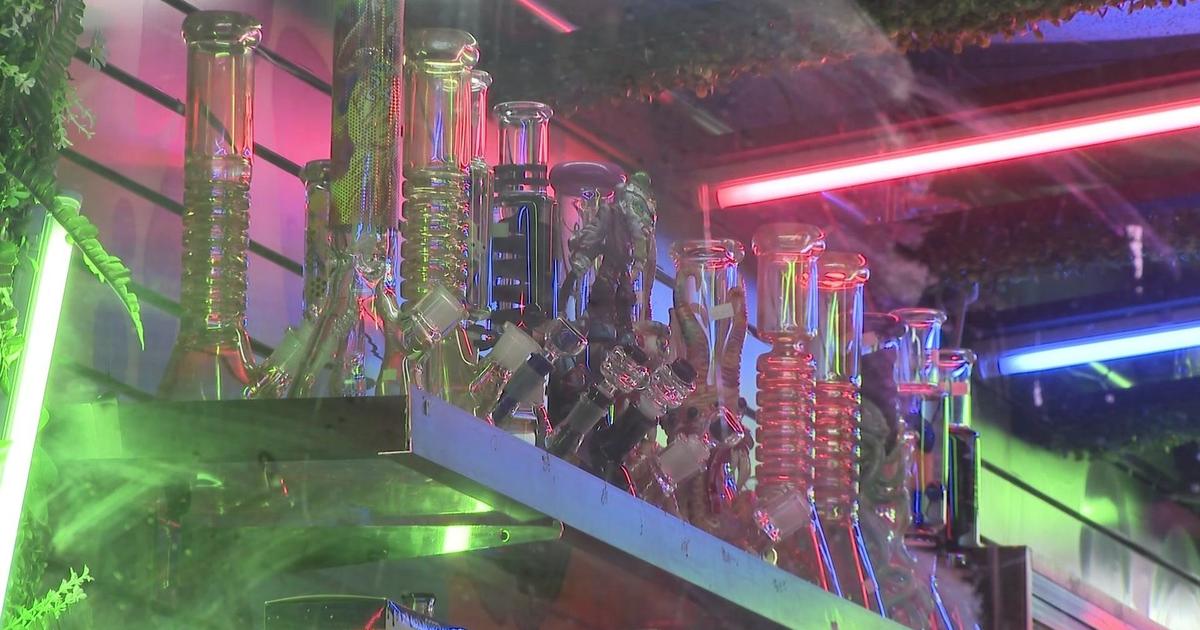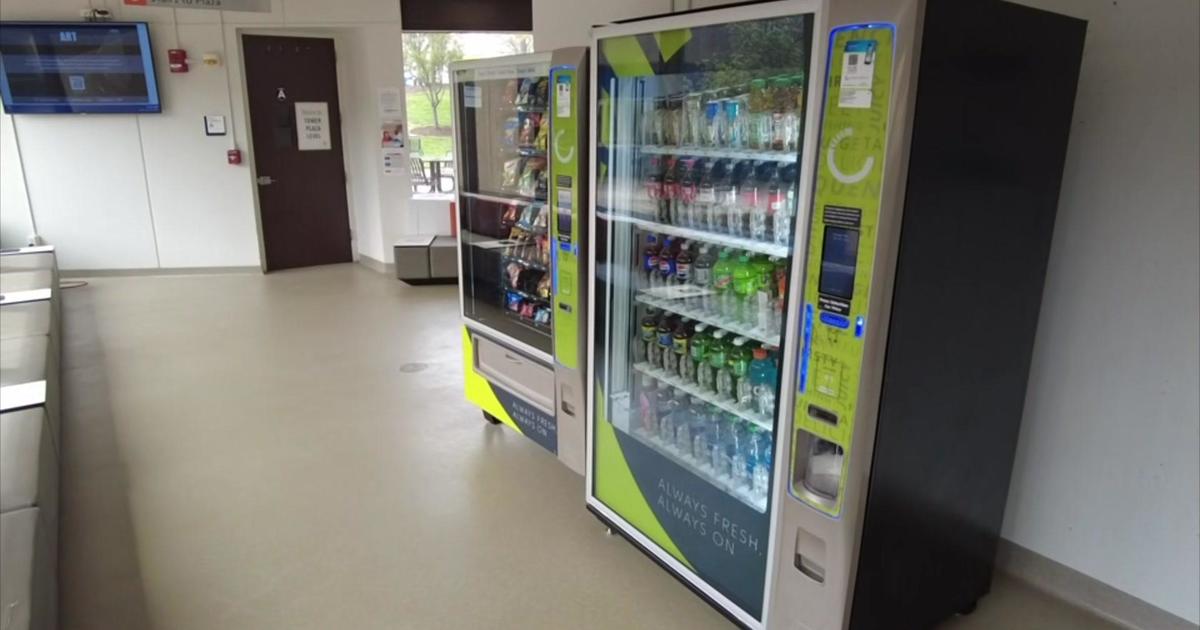New Fuel Economy Measures Likely To Mean More Expensive Cars

The full proposal is nearly 900 pages long, but here's the long and the short of it: by 2025, automakers must average 54.5 mpg across all consumer vehicles (excluding commercial trucks). This requires cars to average up to 62 mpg, while light trucks, SUVs and vans will need to achieve 44 mpg.
Before you go into a panic, realize that "62 mpg" doesn't really mean that a car will achieve that kind of fuel economy. In fact, the corporate average of 54.5 mpg likely translates into 36 mpg on a vehicle's window sticker, thanks to differences between CAFE test numbers and the EPA's test numbers.
Confused yet? It gets worse, since each vehicle will be rated based on its footprint, or the space covered by the vehicle's wheelbase. Smaller vehicles have higher standards, so a Honda Fit would need to achieve just over 61 mpg, while a Chrysler 300 could get by with just 48 mpg.
If all goes as planned and Americans continue to buy downsized, more fuel-efficient vehicles, our own Richard Read points out on The Car Connection that we could be using 3.8 million barrels of petroleum less per day by 2030.
President Obama projects that the average family will spend $8,000 less per vehicle on fuel (over the vehicle's lifespan, and it also translates into significantly less pollution and CO2 released into the atmosphere.
While no one would argue that these are good things, they come at a cost. As the saying goes, "there's no such thing as a free lunch," and this particular lunch is expected to cost between $1,500 and $6,500 per vehicle.
On the low side, $1,500 includes just the cost of new materials and technologies necessary to improve the fuel economy of conventional automobiles. On the high side, $6,500 represents the additional cost for electric vehicles, which are projected to become a more mature and mainstream technology over the next 14 years.
Overseeing 900 pages of regulations comes with a pricetag, too, and enforcing the rule changes that will take place over the next four years is expected to cost $51.5 billion. Since increased costs to automakers will be passed along to the public, expect to pay an average of $950 more per vehicle by 2016.
There's another factor that the EPA, NHTSA and automakers really haven't stopped to consider, either: Americans may not embrace the cars that the new regulations produce. Hybrid sales appear to be slowing, and electric cars like the Chevy Volt haven't sold in quantities matching manufacturer projections. If cars get more expensive (and less appealing), the net result may be fewer new car purchases, which essentially defeats what the new regulations hope to achieve.
In a free market economy, the consumer ultimately votes on new regulations and technologies with their wallet.
This article originally appeared in The Motor Authority.



